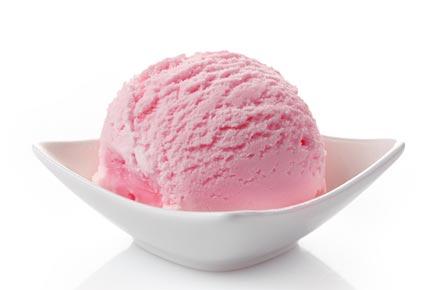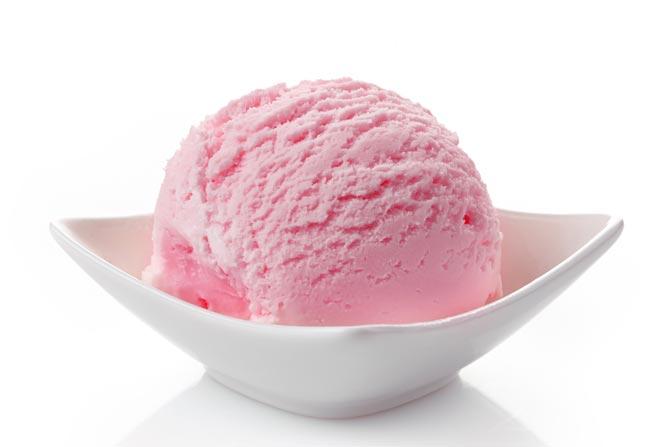Scientists have found a solution to this problem in a banana plant extract that they say could be key to a creamier and longer lasting ice cream


Love to savour your ice cream in its solid state for longer and hate to see it melt? Scientists have found a solution to this problem in a banana plant extract that they say could be key to a creamier and longer lasting ice cream.
ADVERTISEMENT
The findings showed that adding tiny cellulose fibres extracted from banana plant waste to ice cream could slow melting, increase shelf life and potentially replace fats used to make the tasty treat.
"Our findings suggest that cellulose nanofibres extracted from banana waste could help improve ice cream in several ways," Robin Zuluaga Gallego, from the Universidad Pontificia Bolivariana, Colombia.
"In particular, the fibres could lead to the development of a thicker and more palatable dessert, which would take longer to melt. As a result, this would allow for a more relaxing and enjoyable experience with the food, especially in warm weather," Gallego added.
For the study, presented at the 255th National Meeting and Exposition of the American Chemical Society in New Orleans, the team extracted cellulose nanofibrils (CNFs), which are thousands of times smaller than the width of a human hair, from ground-up banana stems or rachis.
Then they mixed the CNFs into ice cream at varying concentrations, ranging from zero up to three-tenths of a gram per 100 grams of the dessert.
They found that ice creams mixed with CNFs tended to melt much more slowly than traditional ice creams.
They also determined that CNFs could increase shelf life of ice cream, or at least decrease its sensitivity to temperature changes that occur when moved to and from the freezer.
In addition, CNFs increased the viscosity of low-fat ice cream, which improved the creaminess and texture of the product.
This suggests that CNFs could help stabilise the fat structure in ice creams. As a result, CNFs could potentially replace some of the fats -- and perhaps reduce calories -- in these desserts, the researchers noted.
Moving forward, the researchers plan to explore how different types of fat, such as coconut oil and milk fat, affect the behaviour of CNFs in other frozen treats.
 Subscribe today by clicking the link and stay updated with the latest news!" Click here!
Subscribe today by clicking the link and stay updated with the latest news!" Click here!






